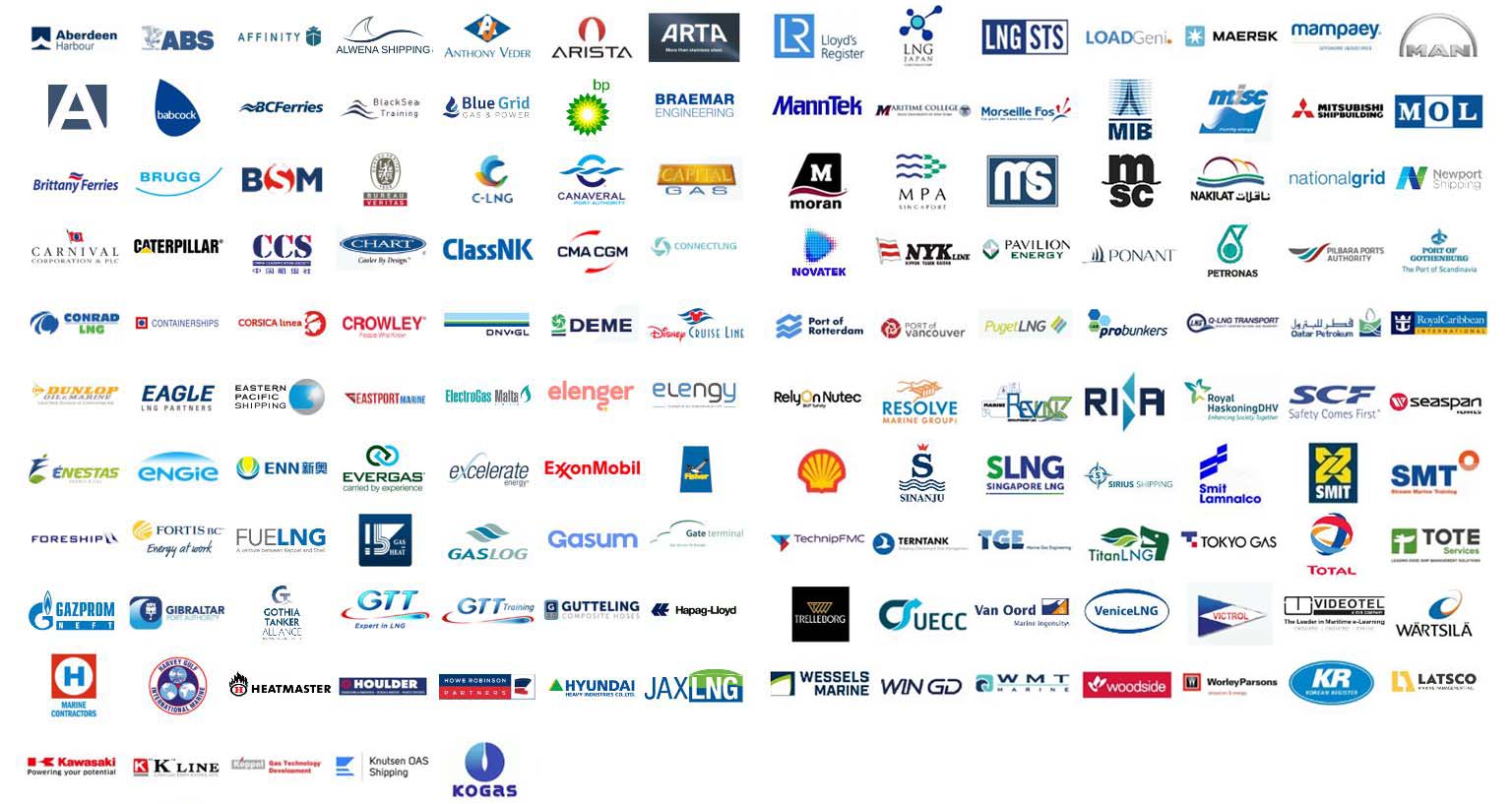The study reconfirmed that greenhouse gas (GHG) reductions of up to 23 % are achievable now from LNG as a marine fuel, compared with current oil-based marine fuels over the entire life cycle from Well-to-Wake.
The 2nd Life Cycle GHG Emission Study on the Use of LNG as a Marine Fuel revisits its 2018/2019 research, using the latest available engine and supply chain data to bring the study fully up-to-date.
The study, commissioned by industry organizations SEA-LNG and SGMF, was conducted by Sphera according to ISO 14040/14044 standards and was peer-reviewed in accordance with ISO/TS 14071 by a panel of independent academic experts.
It found that, in addition to the considerable air quality benefits it delivers, LNG can “beyond question” contribute significantly to the International Maritime Organization’s (IMO) GHG reduction targets.









